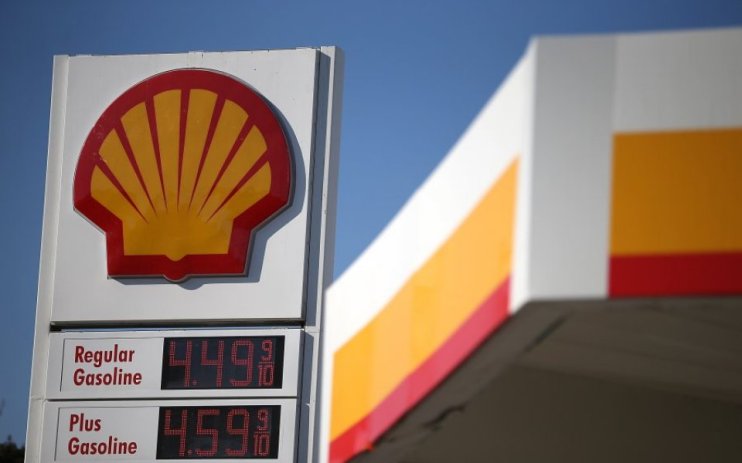High Court green lights legal action against Shell over oil spills

The High Court yesterday green lit a group action against Shell that stems from oil spills in a region of Nigeria.
The lawsuit arose out of oil spills that occurred from oil pipelines located around Rivers State in the Niger Delta, which caused environmental damage.
The thousands of claimants are from the Ogale and Bille communities and they argue that Shell failed to prevent, mitigate and remediate the oil contamination. The claimants are a mixture of land owners, farmers and fishermen.
The Supreme Court ruled in 2021 that the group of Nigerians farmers and fishers could sue Shell for the activities of its Nigeria-based subsidiary.
The claimants are represented by law firm Leigh Day, while Shell instructed US firm Debevoise & Plimpton.
Senior associate at Leigh Day, Kavita Modi said: “These important and urgent claims have been proceeding in the English courts for eight years. Our clients have been living with the impacts of a devastated environment and polluted drinking water for all this time, whilst Shell tries at every turn to delay their claims.”
According to the law firm, the case is now proceeding to trial to determine whether Shell’s parent company in London, as well as its Nigerian subsidiary, are legally to clean up and compensate the two communities.
A hearing will take place in the High Court on 12 and 13 December 2023 for the next stage of this trial.
A Shell spokesperson said: “We strongly believe in the merits of our case. Oil is being stolen on an industrial scale in the Niger Delta. This criminality is a major source of pollution and is the cause of the majority of spills in the Bille and Ogale claims. The SPDC joint venture manages these challenges using its expertise in spill prevention, response and clean-up.
“Irrespective of cause, SPDC cleans up and remediates areas affected by spills from its facilities or pipeline network, working closely with regulators, local communities, and other stakeholders.
“We believe litigation does little to address the real problem in the Niger Delta: oil spills due to theft, illegal refining and sabotage, with which SPDC is constantly faced and which cause the most environmental damage.”